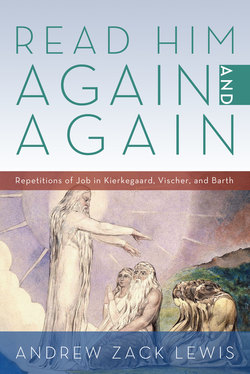Описание книги
In Read Him Again and Again, Andrew Zack Lewis explores the reception history of the book of Job and the hermeneutical presuppositions of its interpreters. He pays special attention to the interpretations of Soren Kierkegaard (in his «Upbuilding Discourse» on Job 1:21 and his philosophical novella Repetition), Wilhelm Vischer (in his essay «Hiob, ein Zeuge Jesu Christi»), and Karl Barth (in Church Dogmatics IV.3.1). In looking at Job in these works Lewis examines how each of the thinkers' contexts influence their writings and their understanding of Job.
Read Him Again and Again begins with a discussion on the importance of reception history in biblical studies by walking through Mikhail Bakhtin's theories on great time and the chronotope. Great texts, Bakhtin argues, continue to live and grow even after their completion and canonization, expanding in meaning as more readers participate in their interpretations. This is certainly true of the book of Job and Read Him Again and Again shows not only how Kierkegaard, Vischer, and Barth read Job, but also how they inherit the Job of their predecessors in the Christian tradition, maintaining features of earlier allegorical interpretive strategies while remaining firmly established in the critical era.
Read Him Again and Again begins with a discussion on the importance of reception history in biblical studies by walking through Mikhail Bakhtin's theories on great time and the chronotope. Great texts, Bakhtin argues, continue to live and grow even after their completion and canonization, expanding in meaning as more readers participate in their interpretations. This is certainly true of the book of Job and Read Him Again and Again shows not only how Kierkegaard, Vischer, and Barth read Job, but also how they inherit the Job of their predecessors in the Christian tradition, maintaining features of earlier allegorical interpretive strategies while remaining firmly established in the critical era.
